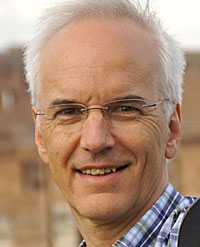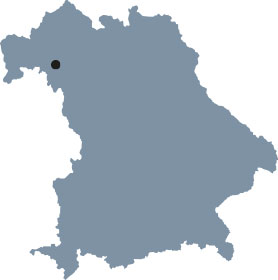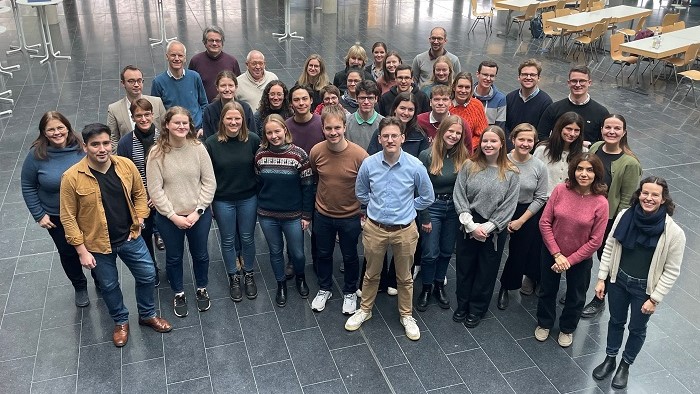Translational Medicine
The translation of scientific findings from basic and preclinical research into clinical trials and the care of the population is one of the central challenges in medicine. The Elite Graduate Program “Translational Medicine” provides scientifically active physicians (Clinician Scientists) with tools to combine research and health care and to master the transfer from bench to bedside and from bedside to population.
| Degree | Master of Science (M.Sc.) or additional studies (certificate) |
| Duration of study | 3 semesters full time, or 6 semesters alongside with medical studies |
| Place of study | Würzburg |
| Admission requirements | First or third state medical examination (or equivalent |
| Language of instruction | English, German |
| Application deadline | January 15th or July 15th (Master), Ten days after start of lecture period (Additional studies) |
| Begin of studies | Winter semester |
| Head | Prof. Dr. med Peter Heuschmann |
| Coordinator | Dr. Stefanie Hauser Contact the coordinator |
| Further information | Website Translational Medicine |
From basic sciences to clinical care
The complexity of scientific questions and the broad range of requirements for the implementation of new findings in practice require excellently trained, scientifically active physicians. They should be able to competently and critically accompany and implement the various transfer steps from the laboratory to clinical application. At the same time, they should also be able to evaluate and optimize evidence-based prevention, diagnostics and therapy as well as formulate clinical questions precisely and reflect them back into research.
A comprehensive training program
The training program comprises theoretical and practical parts, ranging from basic experimental biomedical research to clinical and epidemiological research and clinical trials. Concepts of translational medicine, the critical analysis of scientific literature and participation in research projects are integral parts of the curriculum.
The program offers intensive individual supervision by internationally renowned scientists and it is closely integrated into local research networks and clinical research centers.
Students of the Elite Graduate Program "Translational Medicine" are thus actively involved at an early stage in a competitive and internationally connected research environment.


Translational thinking and acting is at the core of modern medicine.
Prof. Dr. Manfred Gessler
The training program can be completed in parallel to medical studies as additional studies or independently as a subsequent master’s course. The Elite Graduate Program thus promotes particularly talented young scientists in medicine at an early stage and in a targeted manner. Graduates have the best qualifications for a career as Clinician Scientists and are qualified both professionally and personally for leading positions at universities, clinics and in the private sector.



